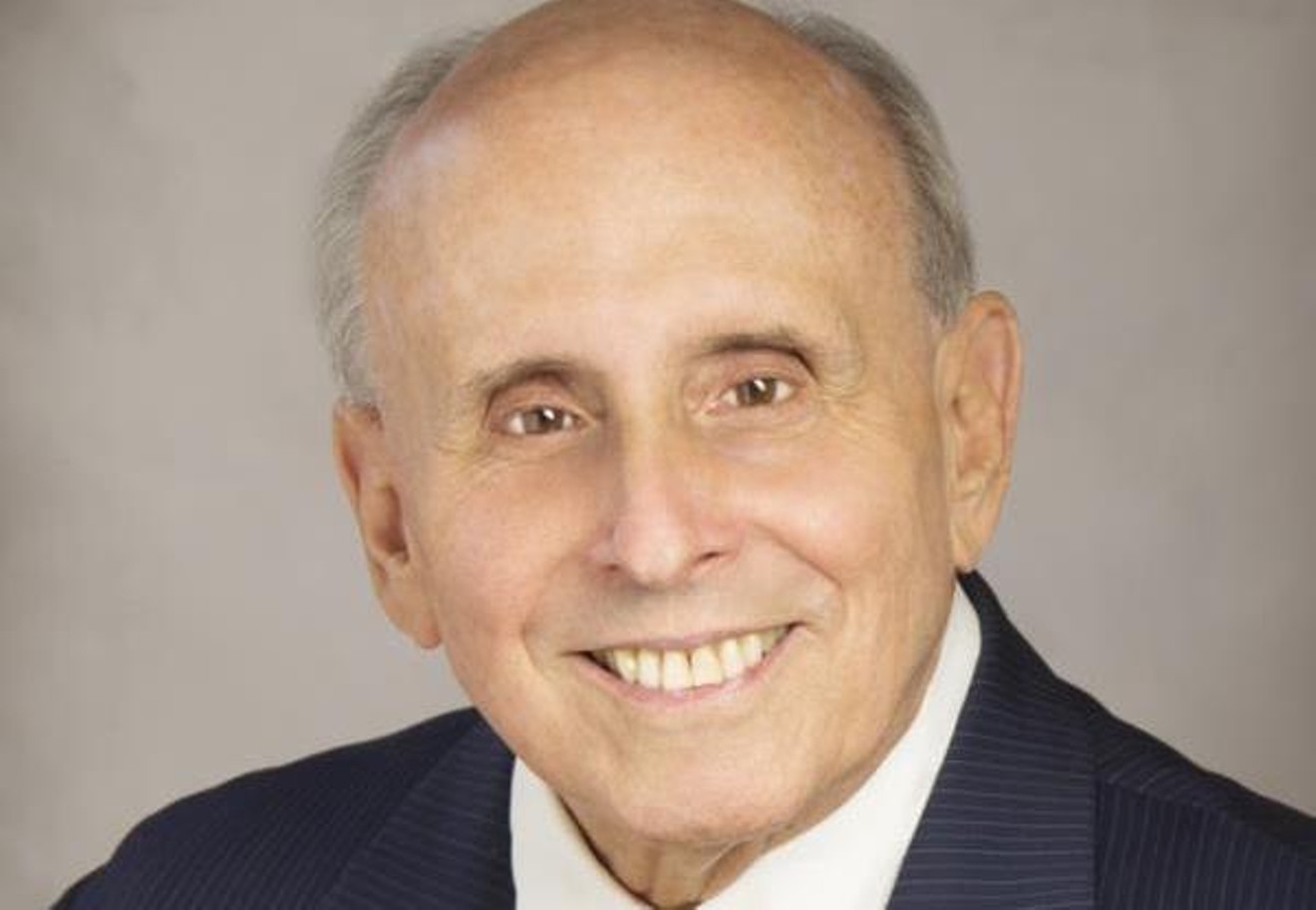Political issues in cushy, wealthy, coddled Coral Gables are typically boring. But every once in a while, the city's mayor acknowledges he's planning to bulldoze an entire neighborhood full of poor people.
Case in point: Gables Mayor Raúl Valdés-Fauli openly admitted in a city candidate debate last week that his affluent city plans to annex a lower-income area of Miami-Dade County and bulldoze the Gables Trailer Park, which is located there.
"One of the issues, though, is the trailer park," Valdés-Fauli said during a March 14 candidate forum for the upcoming 2019 election. "We don't want a trailer park in Coral Gables. But we have negotiated — our former city manager and current city manager — negotiated with the owner of the trailer park to make that into very nice housing. Very, very nice housing for new residents of Little Gables. And the trailer park will disappear."
Valdés-Fauli then, in a follow-up question, added that the new living spaces would "not be low-income" housing, but would "be affordable" and pitched more to "young couples."
Valdés-
The statements were both stunning and entirely predictable. Coral Gables has been fighting for years to annex two sections of unincorporated Miami-Dade County that border the city. And in 2017, New Times wrote that the city was planning on "removing the trailer park" entirely and replacing it with new construction. About 90 trailers sit in the area, most occupied by elderly residents who can't afford rents in other places. As of 2017, many of the trailer park residents were paying just $500 per month to live in the homes, a major bargain in rent-crunched Miami.
Amazingly, City Attorney Miriam Soler-Ramos openly said during a 2017 city commission meeting that it would be beneficial for the city if trailer-park residents just moved to a different part of Florida. "It's doable because it also does not necessarily have to be — if people are willing to move elsewhere, Orlando or wherever — it's possible as long as they agree," she said that year.
The city has long been trying to annex both Little Gables and two unincorporated areas called High Pines and Ponce Davis. City officials who favor the plan argue that the Gables could use the added tax revenue from the new neighborhoods, and in turn, those neighborhoods would benefit from better social services from the city of Coral Gables, as opposed to Miami-Dade County. A city survey conducted in 2017 showed 68 percent of residents favored the annexation plans.
But not everyone agrees. Some city and county officials and residents have warned that the annexation might be more expensive than advertised — in a December 2018 meeting of the Miami-Dade County Planning and Advisory Board, city fire officials and other consultants cautioned that mandatory city clean-up efforts in Little Gables, specifically, might cost the city more than it would receive in new tax revenue.
County-level agencies seem fairly opposed to the annexation plans, if only out of self-interest. On December 3, a county Office of Management and Budget official, Jorge Fernandez, issued a memo to the county planning board warning that Miami-Dade Fire Rescue would lose $523,473 per year in revenue if the Coral Gables Fire Department takes over that area.
But the biggest question is what happens to the elderly residents who might be cleared out of Gables Trailer Park. The city has not explained whether the park's existing residents would be welcomed back into any new structures built on the land. But historical precedents don't seem great: In 2016, a Chinese investment company called "Wealthy Delight" (seriously) bought the Little Farm Trailer Park in El Portal and bulldozed the 240 homes on the property.
Editor's Note: After publication, mayoral candidate Jeanett Slesnick sent the following response:
Your recent article (or was it an editorial?) focusing on Coral Gables’ proposed annexation of an unincorporated area housing a trailer park was completely one-sided. If your objective was to incite working-class anger, you probably succeeded. If you sought to inform your readers, you failed miserably. Here are a few points you missed:
Many of the trailers in the park have been extensively modified and are no longer compliant with any municipal ordinances,In the event of a hurricane, the trailers pose a danger not only to their occupants but to their surrounding neighbors,
We control a lot of things in Coral Gables, but market forces are not one of them. Anytime Coral Gables acquires adjacent real estate, property values skyrocket. The trailer park in question was recently sold and the new owner is no doubt betting that annexation will occur. Coral Gables city officials are not going to be the ones evicting the residents of the trailer park— the new owner will be doing that.
There are many good reasons for Coral Gables to acquire this neighborhood. Rest assured however, that it is not to purposefully evict people from their homes or decrease the stock of affordable housing in our community.













